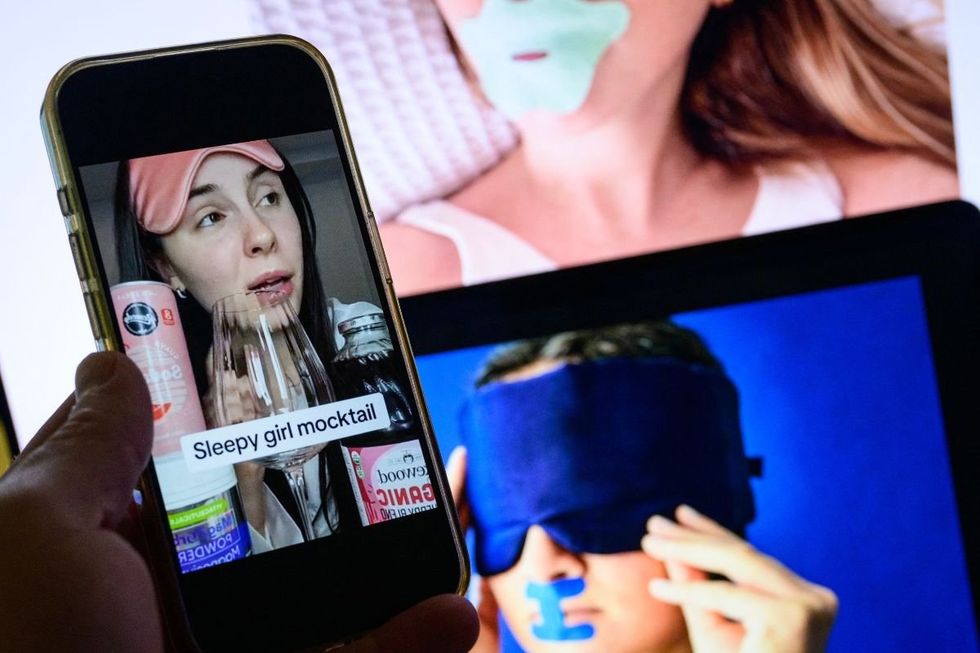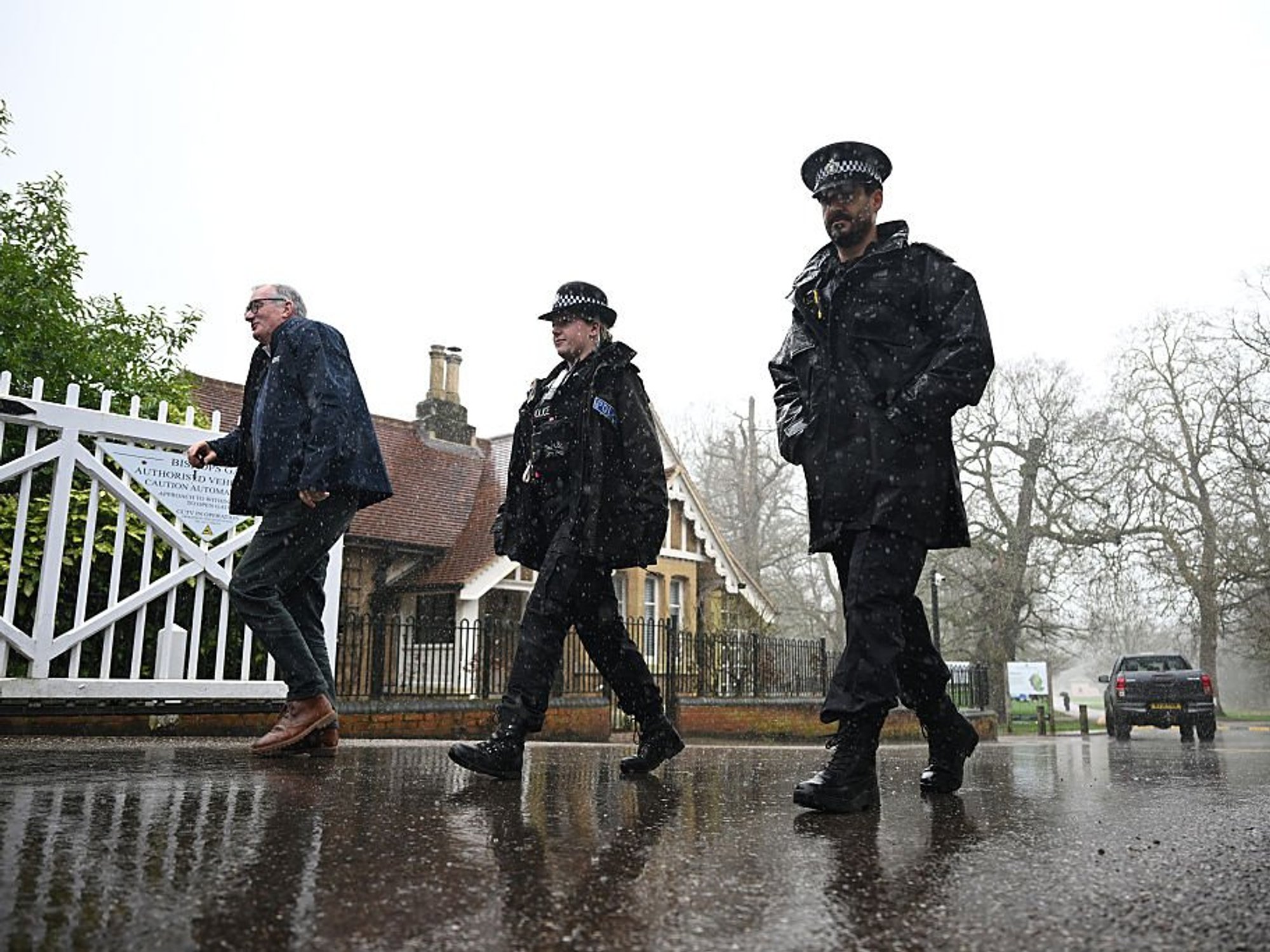Popular mouth-taping sleep hack sparks fears as specialists issue warning of severe health risks

WATCH NOW: The secret to getting a good night's sleep
|GBN

Applying adhesive tape to the mouth before sleeping may pose a danger, experts have cautioned
Don't Miss
Most Read
Latest
A growing social media phenomenon has seen individuals sealing their lips with adhesive tape during sleep, believing this will enhance rest quality and diminish snoring. Experts, however, are now highlighting the risks.
While the practice has gained traction on platforms such as TikTok, medical professionals have argued that the technique lacks robust scientific support.
"The studies behind mouth tape are small, the benefits are modest, and the potential risks are there," warned Dr Kimberly Hutchison, a neurologist and sleep medicine expert at Oregon Health and Science University.
The hazards of the practice extend beyond minor discomfort, as they may exacerbate existing sleep disorders or lead to potentially severe consequences.

Specialists who caution against adopting unproven methods
|GETTY
Among the gravest concerns is the possibility of suffocation for individuals who experience nasal congestion or blockages during the night.
The practice poses an especially significant threat to those suffering from sleep apnoea, a condition that could become considerably more dangerous when the mouth is forcibly closed.
Sleep specialists note that the minimal research available consists of extremely limited studies, and investigations have demonstrated negligible or no benefits.
While nasal breathing offers advantages over mouth breathing, medical professionals stress that adhesive tape represents an inappropriate solution.
Nasal passages function as a natural filtration mechanism and capturing particles and allergens before they reach the respiratory system.
Breathing through an open mouth during sleep can result in throat dryness and irritation, potentially causing halitosis and dental health issues. Additionally, this breathing pattern correlates with increased snoring frequency.
Despite these drawbacks of mouth breathing, evidence supporting the effectiveness of mouth taping remains absent.
The limited research conducted has involved minimal participant numbers, with most investigations revealing negligible effects.
LATEST DEVELOPMENTS
Instead, sleep medicine professionals recommend evidence-based approaches for addressing breathing issues during rest.
Dr David Schulman from Emory University suggests prescription oral appliances designed to maintain airway openness, alongside CPAP devices for appropriate candidates.
Lifestyle modifications can also prove beneficial, with weight reduction and smoking cessation potentially improving breathing patterns.
However, specialists stress the importance of identifying root causes before pursuing treatment.

The mouth-taping trend has gone viral on social media
|GETTY
Obstructive sleep apnoea frequently underlies mouth breathing and snoring, characterised by repeated breathing interruptions throughout the night.
"The reason sleep apnoea can be bad is that any decrease in the quality of sleep can affect you day to day or over the course of your life," explained Dr Brian Chen from the Cleveland Clinic.
Home-based sleep assessments now offer accessible diagnostic options. "It's always better to know than not know," Dr Schulman advised.
Our Standards: The GB News Editorial Charter










